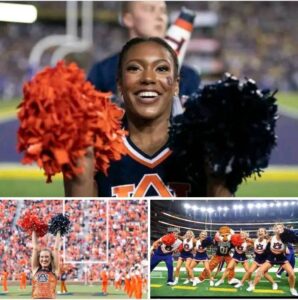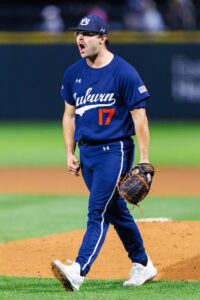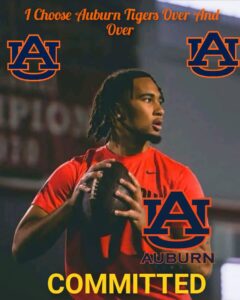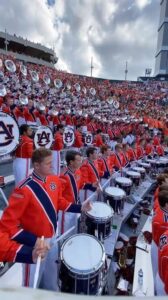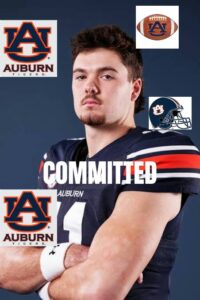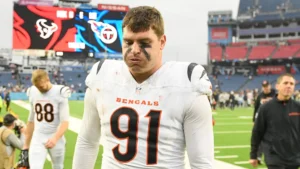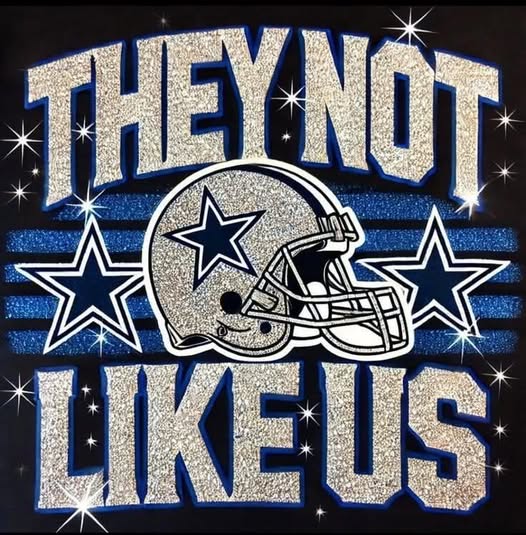
They don’t like us but love ourselves as one of the Dallas fans cried out in…
In the sweaty, electric atmosphere of a packed stadium, a lone fan stood up, tears streaming down his face, and yelled into the roaring crowd: “They don’t like us but love ourselves!” To outsiders, the phrase might sound awkward, even grammatically off. But to those who understand what it means to live and breathe Dallas sports, the sentiment is both a shield and a sword. It’s a declaration. A defiance. A kind of tribal pride forged in years of underdog narratives, controversial seasons, and relentless national scrutiny.
Dallas is no stranger to love and hate. In fact, for fans of teams like the Dallas Cowboys, Dallas Mavericks, and even FC Dallas or the Texas Rangers, the line between admiration and animosity from the outside world has always been thin. The city is a paradox: rich in tradition but always pushing to redefine itself. That tension is mirrored in its sports culture, where greatness is often paired with criticism, and moments of victory never come without backlash. Through it all, the fans stand strong, rooted in a fierce self-love that doesn’t need validation.
The Dallas Cowboys, dubbed “America’s Team” in the late 1970s, have since become one of the most polarizing franchises in all of sports. The nickname alone rubs people the wrong way—especially fans in cities with just as much history and pride in their own teams. But Dallas didn’t ask for the name. It was a media tag that stuck, and like many labels, it became both a blessing and a curse.
For years, the Cowboys were dominant. The team won Super Bowls, set trends, and embodied a certain kind of Texas swagger—flashy, fearless, and unbothered by the noise. But as time passed and the winning slowed, critics circled like vultures. Every misstep was magnified. Every player controversy became a headline. Every season that ended short of a title was met with glee by rival fans.
Still, Dallas fans never flinched. They wore their jerseys with pride. They shouted back at the naysayers, reminding everyone of the five Super Bowl titles, the legends who wore the star, and the loyal fanbase that spans the globe. “They don’t like us,” one might say, acknowledging the booing crowds and snarky analysts. “But we love ourselves,” another adds, as a kind of answer to that disdain. Self-love, in this context, is resilience.
When the Dallas Mavericks won the NBA Championship in 2011, it was a triumph not just for the team but for a city starving for respect in the basketball world. Dirk Nowitzki, the stoic, seven-foot German who had spent his whole career in Dallas, finally got his ring after years of coming up short. That title run was iconic not just because of who the Mavericks beat—the heavily favored Miami Heat—but because of how they did it: with teamwork, humility, and a quiet confidence.
Still, even then, respect was slow to come. Commentators downplayed the victory, chalking it up to a fluke or lucky matchups. Dirk didn’t get the same adulation as other stars. The city didn’t get the cultural validation that a Boston or a Los Angeles might have received for the same feat.
But again, the fans didn’t care. They paraded through the streets, wrapped in blue and silver, screaming Dirk’s name like he was family. It wasn’t about what outsiders said. It was about what Dallas had built—an identity rooted in hard work, loyalty, and pride. “They don’t like us,” some whispered, referencing the skeptics. “But we love ourselves,” others sang, with beer in hand and banners flying high.
Soccer in Texas is growing, and FC Dallas has long been at the forefront of that development. While MLS doesn’t yet command the same attention as the NFL or NBA, the passion of its fans is no less intense. And for FC Dallas supporters, that familiar sentiment rings true again. The team often flies under the radar. Media coverage is minimal compared to bigger-market clubs. Critics say Dallas lacks the glamour or the heritage of teams like LA Galaxy or New York Red Bulls.
Yet, within Toyota Stadium, the energy is palpable. Drums echo. Flags wave. Songs in English and Spanish fill the air. The fans don’t need outside validation. Their love for the club, the city, and the game is enough. They know they’re building something. They feel it in their bones.
“They don’t like us,” one supporter might say, frustrated at yet another snub from national coverage. But right on cue, another will shout: “But we love ourselves!” It’s not just a counterpunch—it’s a rallying cry. A reminder that worth isn’t always measured by the attention you get, but by the connection you feel.
To truly understand the Dallas sports psyche, you have to understand its relationship with the national media. From ESPN segments to social media takes, there’s a long-standing perception that Dallas—especially the Cowboys—is overhyped. Opposing fans groan at every primetime game scheduled. Analysts joke about “delusional” Dallas fans every time playoff hopes are mentioned.
This dynamic creates a kind of siege mentality among the faithful. Every criticism feels personal. Every slight adds to the chip on the shoulder. But instead of crumbling under the weight of that scrutiny, Dallas fans have found strength in it. They’ve turned it into fuel.
When they chant “We dem boys,” it’s not just about bravado. It’s about standing tall in the face of mockery. It’s about saying, “Yes, we know what you think of us—and we don’t care.” The phrase “They don’t like us but love ourselves” captures that attitude perfectly. It’s the emotional armor that allows a community to thrive under pressure.
In many ways, loving yourself in a world that constantly tries to tear you down is an act of rebellion. For Dallas fans, especially younger ones growing up in the age of memes and hot takes, this self-love becomes almost political. It’s not about being the best—it’s about refusing to let others define your worth.
Social media has only amplified this dynamic. Every loss brings a deluge of mockery. Every offseason move becomes a punchline. Yet Dallas fans meet the hate with pride. They turn criticism into comedy. They laugh, they troll, they debate—but they never stop believing. Loving yourself when no one else does isn’t arrogance. It’s survival. It’s identity. It’s home.
At its core, “They don’t like us but love ourselves” is about community. It’s about the bond between fans who’ve suffered and celebrated together. It’s about grandparents who remember the glory days passing down stories to kids who only know the struggle. It’s about watching a game with strangers and feeling like family.
It’s also about resilience. Dallas, like many cities, has its scars. Economically, culturally, and socially, it has seen its share of challenges. Sports offer a mirror to those realities. They reflect the highs and lows of the city itself. And through all of it, the people of Dallas have never stopped believing in themselves—even when the world didn’t.
The fan who cried out in the stands wasn’t just speaking for himself. He was speaking for millions. His tearful declaration—“They don’t like us but love ourselves”—wasn’t a mistake. It was a moment of raw truth. A reflection of what it means to be part of something bigger than wins and losses. To love your team, your city, and your fellow fans, not because they’re perfect, but because they’re yours.
Dallas will always have its critics. The media will always have its narratives. But Dallas fans? They’ll keep showing up. They’ll keep loving themselves. Because in a world that’s always looking to tear you down, there’s nothing more powerful than standing tall and saying, We don’t need your love—we’ve got our own.
